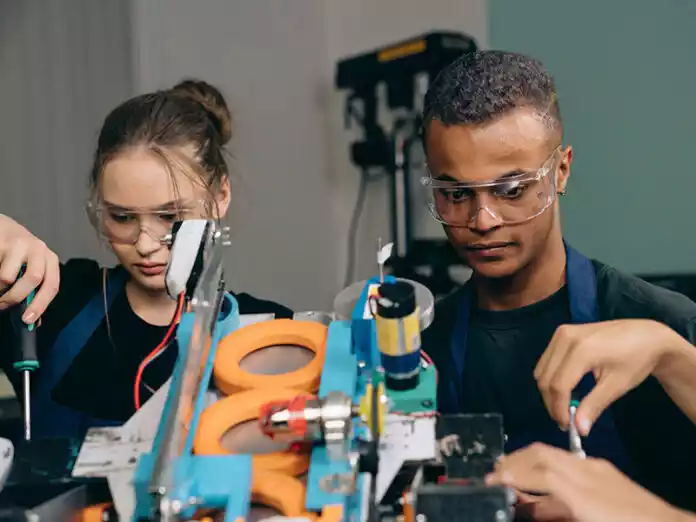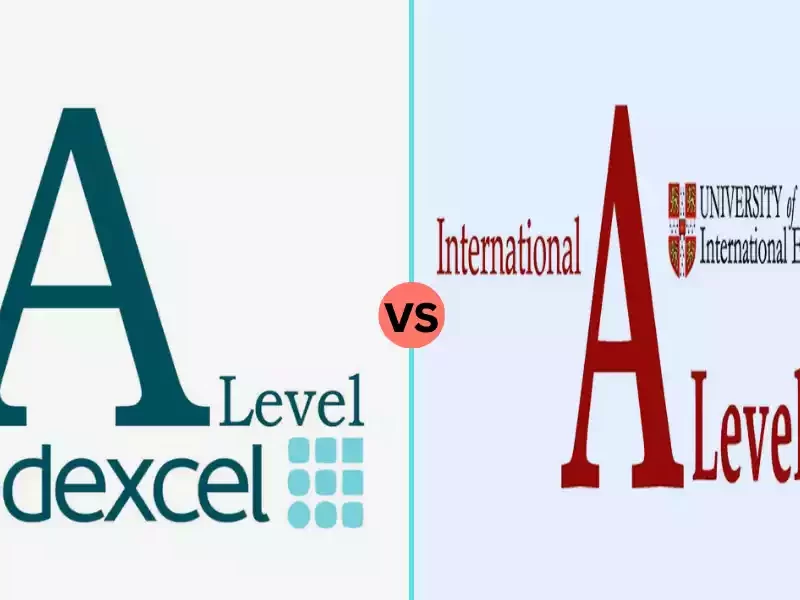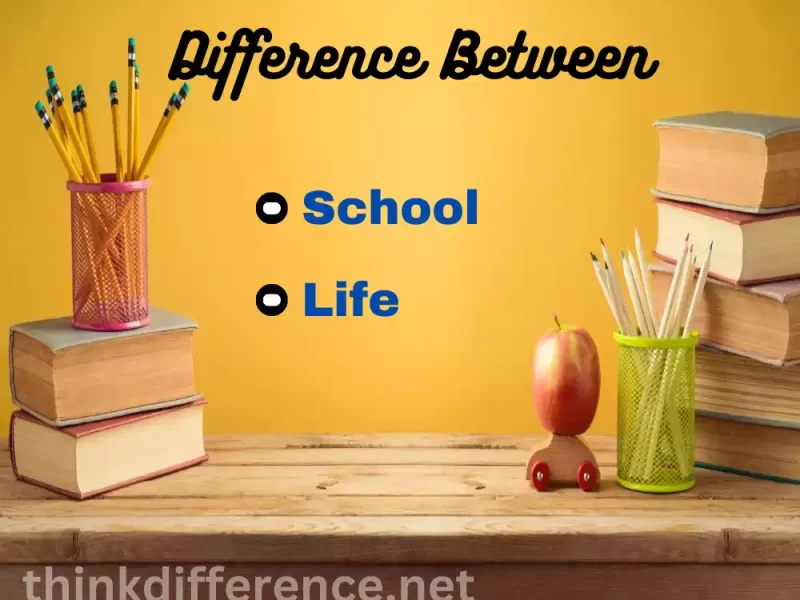Soft Skills and Technical Skills are two fundamental categories of abilities that individuals bring to the workplace. Soft skills encompass a range of interpersonal and behavioral attributes, such as communication, teamwork, and problem-solving, which are essential for effective collaboration and leadership. On the other hand, technical skills involve specialized knowledge and expertise related to specific job roles or industries, often requiring formal education and training.
In today’s dynamic and competitive job market, understanding the distinction between these two skill sets and recognizing their complementary nature is crucial for personal and professional success.
What is Soft skills?

Soft skills, also known as interpersonal skills or people skills, refer to a set of personal attributes, behaviors, and qualities that enable individuals to interact effectively with others in various personal and professional contexts. These skills are often intangible and revolve around how people communicate, relate to one another, and navigate social situations. Soft skills are crucial in building positive relationships, fostering teamwork, and achieving personal and career success.
Common soft skills include:
- Communication: The ability to convey ideas, information, and emotions clearly and effectively through verbal, non-verbal, and written communication. This includes active listening, public speaking, and articulating thoughts clearly.
- Teamwork: The capacity to collaborate and work harmoniously with others to achieve common goals. This involves sharing responsibilities, respecting diverse perspectives, and contributing to the team’s success.
- Adaptability: Being open to change and having the ability to adjust to new circumstances, environments, or challenges. Adaptable individuals can handle uncertainty and respond positively to evolving situations.
- Problem-Solving: The skill of identifying issues, analyzing them, and finding practical solutions. Problem solvers are resourceful, creative, and critical thinkers who can resolve complex problems effectively.
- Critical Thinking: The ability to evaluate information, ideas, and situations objectively and make informed decisions. Critical thinkers analyze data, consider various viewpoints, and draw logical conclusions.
- Emotional Intelligence: Understanding and controlling our emotions while being respectful and considerate toward the emotional states of others are important skills. Emotional intelligence includes self-awareness, self-regulation, empathy, and social skills.
- Time Management: Efficiently organizing and prioritizing tasks and activities to maximize productivity and achieve goals. Effective time management leads to better work-life balance.
- Leadership: The capacity to inspire, guide, and influence others toward a common goal. Effective leaders communicate a vision, provide direction, and motivate their teams.
- Conflict Resolution: The ability to identify, address, and resolve conflicts or disagreements constructively and diplomatically, maintaining positive relationships.
- Negotiation: The skill of reaching agreements or compromises in a manner that benefits all parties involved. Negotiators strive for win-win solutions.
- Networking: Building and maintaining professional relationships, both within and outside one’s organization, to facilitate career growth and opportunities.
Soft skills are valued across various industries and roles because they contribute to effective communication, collaboration, and a positive work environment. While technical skills and qualifications are essential for many jobs, it’s often soft skills that set individuals apart and determine their success in personal and professional life. Developing and honing soft skills is a lifelong process that can lead to improved relationships, career advancement, and personal growth.
What is Technical skills?

Technical skills refer to a specific set of abilities and knowledge related to performing tasks, functions, or activities within a particular field, industry, or profession. These skills are practical and often revolve around the application of expertise and experience in a specialized area. Unlike soft skills, which are more transferable and focus on interpersonal and behavioral attributes, technical skills are typically job-specific and require specific training, education, or hands-on experience.
Examples of technical skills can vary widely depending on the field or industry but may include:
- Programming: Proficiency in programming languages such as Java, Python, C++, or JavaScript, along with the ability to develop software applications or websites.
- Data Analysis: Skills related to data collection, data cleaning, statistical analysis, and the use of data analysis tools like Excel, R, or data visualization software.
- Mechanical Skills: Expertise in operating and maintaining machinery, tools, or equipment, often seen in fields like manufacturing or automotive repair.
- Medical Skills: Clinical skills such as surgical techniques, patient diagnosis, medical imaging interpretation, or laboratory testing in the healthcare sector.
- Engineering: Specialized engineering skills such as structural engineering, electrical engineering, or aerospace engineering.
- Digital Marketing: Proficiency in search engine optimization (SEO), pay-per-click advertising, content management systems (CMS), and digital advertising platforms.
- Graphic Design: Experienced in graphic design software such as Adobe Photoshop, Illustrator InDesign and InDesign.
- Language Translation: Fluency in one or more foreign languages, along with the ability to translate written or spoken content accurately.
- Carpentry and Construction: Skills related to carpentry, masonry, plumbing, electrical work, and other construction-related tasks.
- Quality Assurance: Expertise in quality control processes, product testing, and ensuring compliance with industry standards.
- Legal Research: Skills related to legal research, document review, case analysis, and knowledge of relevant laws and regulations in the legal field.
- Project Management: Competence in project planning, budgeting, scheduling, and resource allocation, often supported by project management software.
Technical skills are essential for job competency and efficiency within specific roles and industries. Individuals acquire these skills through formal education, vocational training, on-the-job experience, and continuous learning. The specific technical skills required can vary widely depending on the career path and job responsibilities, so individuals often invest in ongoing skill development and training to stay current in their fields.
Comparison Table of soft skills and Technical skills
Here’s a comparison table highlighting the key differences between soft skills and technical skills:
| Aspect | Soft Skills | Technical Skills |
|---|---|---|
| Definition | Interpersonal, behavioral attributes | Job-specific knowledge and expertise |
| Nature | Intangible, interpersonal, emotional | Tangible, practical, knowledge-based |
| Acquired Through | Experience, personal development | Education, training, hands-on experience |
| Transferability | Transferable across industries/roles | Often industry-specific |
| Development Time | Continuous and lifelong | Specific training periods |
| Role in Workplace | Enhance teamwork, communication, culture | Critical for job-specific tasks |
| Examples | Communication, leadership, adaptability | Programming, data analysis, surgery |
| Importance in Workplace | Enhance relationships, workplace culture | Job competency, efficiency, innovation |
| Balance | Complement technical skills, support | Apply technical skills effectively |
This table illustrates the fundamental distinctions between soft skills, which are essential for effective interpersonal interactions, and technical skills, which are specialized and job-specific competencies necessary for performing specific tasks within a particular field or industry. Both skill sets are valuable, and a balance between them is often necessary for success in the modern workplace.
Final Opinion
Soft skills and Technical skills are two indispensable pillars of personal and professional development. Soft skills, such as communication and teamwork, enable effective interaction and collaboration, while technical skills provide the expertise and competency required for specific job roles.
The synergy between these skill sets enhances an individual’s effectiveness, making them not only proficient in their tasks but also adept at building meaningful relationships and fostering a positive work environment. To thrive in today’s dynamic world, it’s crucial to recognize the significance of both soft and technical skills and invest in their continuous growth and refinement.



